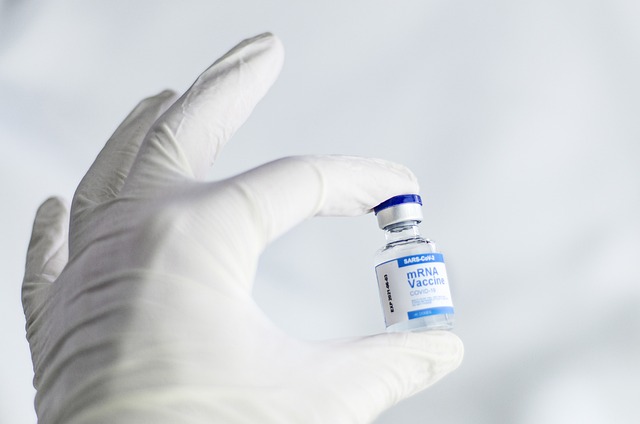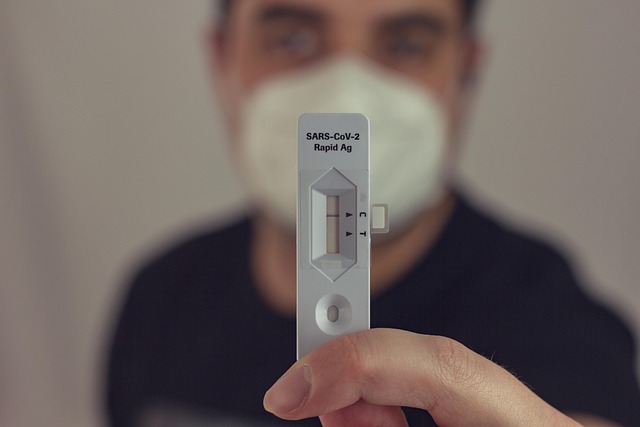Decoding Vaccine Efficacy: A Comprehensive Guide
The words “vaccine efficacy” resonate with hope, science, and a collective effort to safeguard public health. As we navigate an ever-evolving world of infectious diseases, understanding the measurement of vaccine efficacy becomes essential not just for healthcare professionals but for everyone invested in their well-being and the well-being of their communities.
What is Vaccine Efficacy?
Vaccine efficacy is a term used to describe how well a vaccine performs in preventing illness in controlled, clinical settings. It is a percentage based on the difference in disease occurrences between vaccinated and unvaccinated individuals, often reported from clinical trials. This number reflects the vaccine’s capability to reduce the risk of contracting a disease after vaccination.
How is Vaccine Efficacy Measured?
The measurement of vaccine efficacy typically involves the following steps:
- Clinical Trials: Before any vaccine can be deemed effective, it undergoes rigorous testing through phases of clinical trials, often spanning several years. Participants are divided into two groups: those receiving the vaccine and a control group receiving a placebo.
- Observation Period: Researchers monitor both groups over a specific timeframe to observe how many individuals in each group contract the disease being studied.
- Calculating Efficacy: The formula used to calculate vaccine efficacy is: (Attack Rate in Unvaccinated – Attack Rate in Vaccinated) / Attack Rate in Unvaccinated x 100. The resulting percentage reflects the vaccine’s effectiveness in preventing disease.
Understanding Efficacy Versus Effectiveness
It’s vital to distinguish between efficacy and effectiveness. While efficacy refers to performance under optimal circumstances (like clinical trials), effectiveness pertains to real-world scenarios where vaccines are administered on a larger scale. As a result, vaccine effectiveness can vary based on factors such as population demographics, disease variants, and geographic considerations.
The Role of Variants
With the emergence of new variants, the measurement of vaccine efficacy becomes even more nuanced. Variants may impact how well the vaccine works, necessitating continuous research and adaptations to the vaccination strategy. This underscores the importance of ongoing surveillance and trials to assess how well a vaccine holds up against evolving threats.
Your Impact on Vaccine Efficacy
Understanding vaccine efficacy measurement empowers you to make informed decisions regarding your health and the health of those around you. Knowledge about how vaccines work can influence community vaccination rates, ultimately leading to herd immunity and decreased disease transmission.
In uncertain times, the quest for clarity surrounding vaccine efficacy fosters trust and encourages proactive contributions toward public health goals. By sharing reliable information and advocating for responsible vaccination practices, you become a pivotal part of the narrative, driving the effort to protect communities from preventable diseases.
Stay Informed, Stay Protected
As we delve deeper into the science of vaccine efficacy, we strengthen our understanding and readiness to confront health challenges. Continue to seek out trustworthy sources, engage with health experts, and stay involved in discussions about vaccines. By decoding vaccine efficacy together, we can cultivate a healthier future for all.




